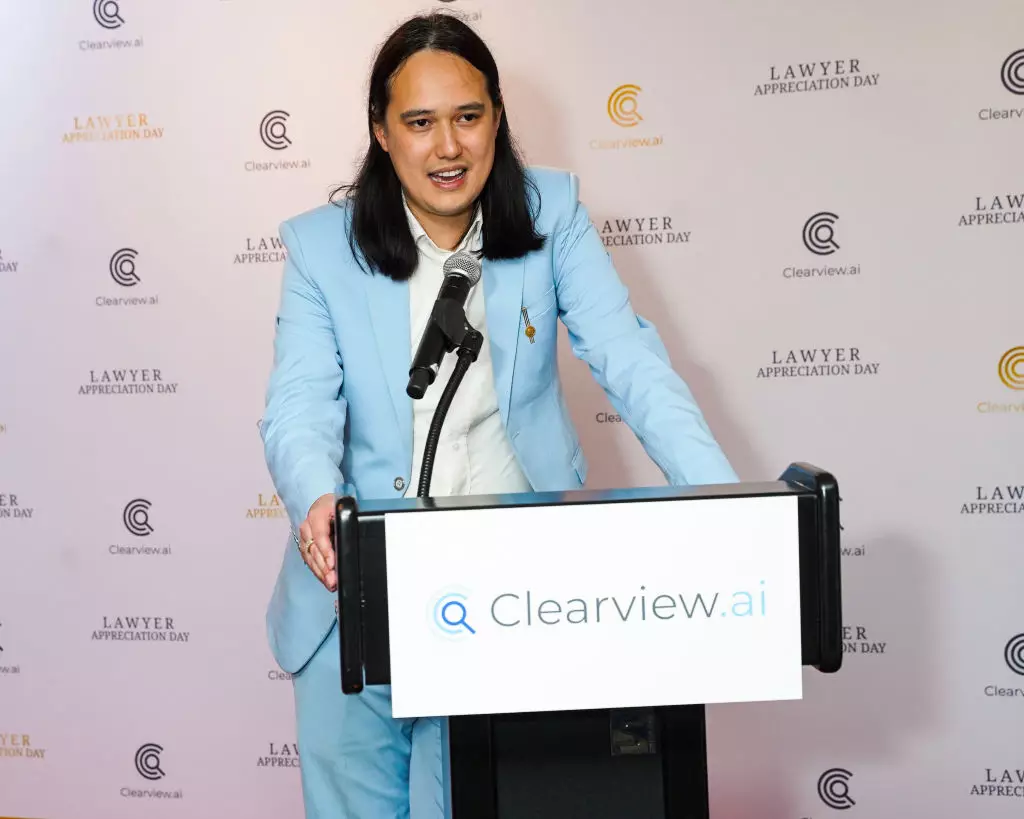The recent resignation of Hoan Ton-That, the CEO of the contentious facial recognition company Clearview AI, signals significant shifts within the organization. In a succinct statement to TechCrunch, Ton-That expressed a desire for a “next chapter” in his life while also confirming his continued involvement as a board member. Despite the abruptness of his departure, he refrained from detailing the motivations behind his decision, leaving industry watchers speculating about the underlying issues that may have precipitated his resignation. The news, initially broken by Forbes, coincides with the company appointing two co-CEOs, Hal Lambert and Richard Schwartz, who both bring extensive backgrounds in Republican politics and investment.
Clearview AI’s innovative—yet controversial—business model revolves around assembling an extensive database of over 30 billion images scraped from the internet without the consent of individuals featured in those photographs. This practice has led to significant legal backlash, including numerous privacy lawsuits and substantial fines, particularly under the stringent General Data Protection Regulation (GDPR) enforced by European authorities. As of September 2024, the company has accrued more than $100 million in fines, with agencies in countries like France and the Netherlands taking strong action against its practices. Yet, in a display of defiance, Clearview AI has historically opted not to pay these fines, raising questions about its compliance with international law.
With the leadership change, Lambert and Schwartz appear to be eager to pivot Clearview AI towards “new opportunities,” particularly within the context of the Trump administration. Their backgrounds suggest they may leverage relationships formed in the political arena to foster advantageous deals for the company. Lambert, known for his association with the MAGA ETF, and Schwartz, a former aide to Rudy Giuliani, express a vision that aligns with the objectives of conservative ideologies, potentially placing Clearview AI at the intersection of technology and politics. However, the question remains whether this strategy will afford the company a reprieve from its ongoing ethical dilemmas.
Despite claiming to be in its “strongest position ever” in terms of financial metrics, including record growth and revenue in 2024, Clearview AI continues to grapple with the challenge of achieving profitability. Reports suggest that while the firm has seen increased interest from law enforcement and federal agencies seeking access to its expansive facial recognition database, it has struggled to secure large federal contracts. The ongoing controversies surrounding its data practices may further inhibit its financial ambitions, as public scrutiny and legal challenges loom.
The unfolding narrative at Clearview AI encapsulates broader conversations about privacy, ethics, and the role of technology in surveillance. As Ton-That steps back and new leaders step in, it remains to be seen how the company will navigate its complex landscape. Will Clearview AI adapt its strategies, reconcile its controversial practices, and emerge as a responsible player in the tech industry, or will it continue to face legal and public relations challenges that hinder its aspirations? The future of Clearview AI may ultimately depend on its ability to balance profit motives with ethical responsibility, a task that has proven difficult for many in the tech sector today.

